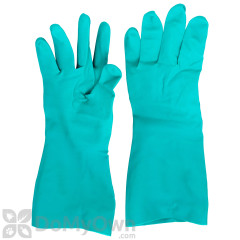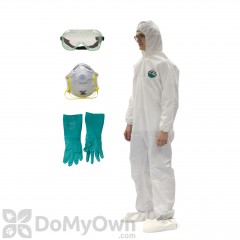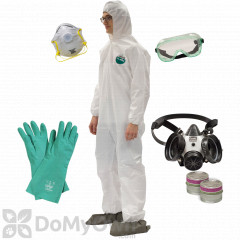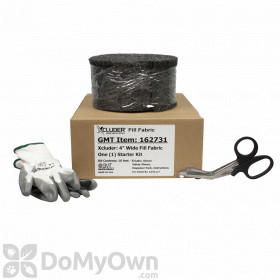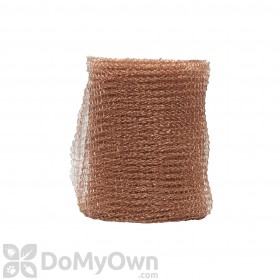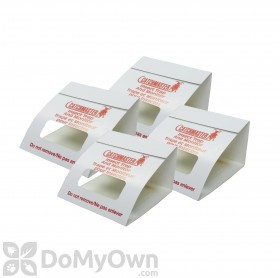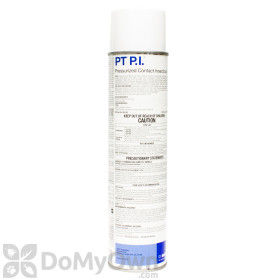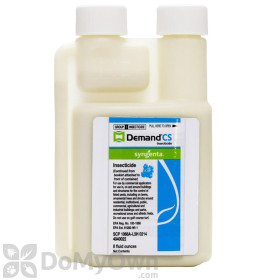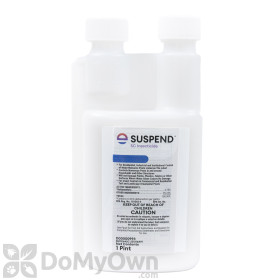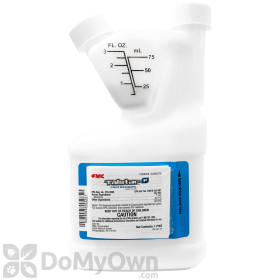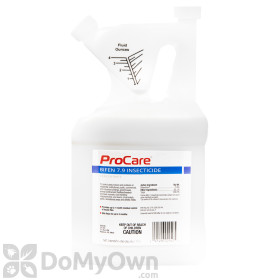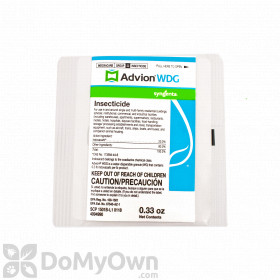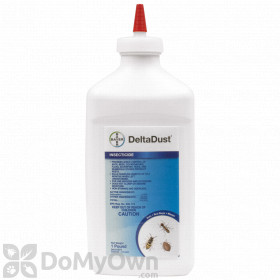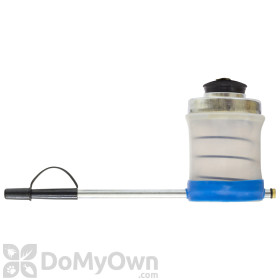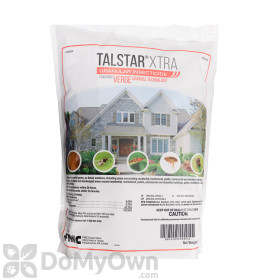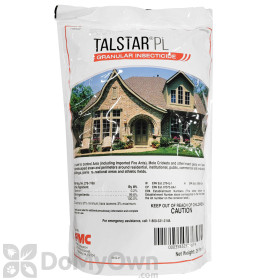House Centipedes (Scutigera coleoptrata), commonly referred to as "hundred-legged worms", can be a startling sight in your home. While their appearance with 15-pairs of legs and alarming speed can be frightening, these pests are not harmful to your home.
However, if you think you have found evidence of house centipede infestation, you can control house centipedes in your home by applying the appropriate treatment and limiting favorable conditions.
Read below to learn the best ways to get rid of house centipedes, then check out our guide to preventing house centipede infestations in your home.
Make Your Home Less Inviting to Centipedes
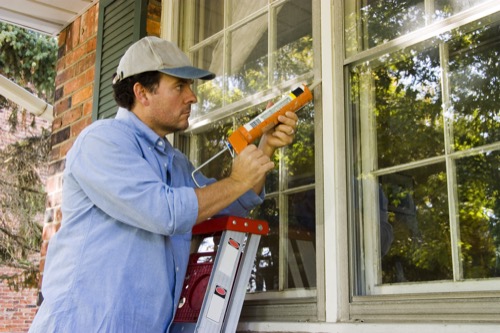
The best way to get rid of house centipedes is to make your home less inviting and hospitable to them. These exclusion and sanitation practices to eliminate harborage areas can help keep centipedes out of your home and make it easier to get rid of an existing infestation.
- Remove House Centipede Food Sources: House centipedes feed on insects and other small pests, and they often enter homes in search of food. By applying preventive pest control and using glue board traps to monitor and reduce the house centipede food source in your home, you make it less enticing for them.
- Reduce Moisture Problems Around Your Home: Centipedes in houses thrive in damp, cool areas. Find and fix leaky faucets and pipes. Use dehumidifiers to reduce the humidity and fans to increase the air circulation.
- Close Openings to Keep Centipedes from Entering: Find and seal up any cracks or crevices with caulk, including around windows, doors, pipes, and wires. Close any openings where they can get in around pipes and wires using copper mesh. Make sure screens and door sweeps on windows and doors are tight-fitting.
Products needed for Step 1
Apply Centipede Pest Control Products
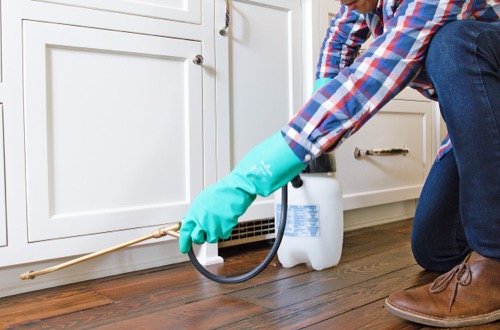
If you have a house centipede problem, there are several pest control products that can help. You'll want to use insecticides inside your home to quickly get rid of the infestation then apply a perimeter barrier to keep them out.
Use a Contact & Flushing Aerosol for Quick Knockdown.
Using a contact aerosol insecticide with a flushing agent will help you to quickly get rid of house centipedes that are already inside your home. With contact aerosol insecticides, only the centipedes directly sprayed will be killed. The flushing agent will help flush hiding centipedes out so they can be sprayed. While this provides a quick elimination of large numbers of centipedes, there is no lasting effect of the active ingredient.
Products needed for Step 2A
Apply a Residual Insecticide Spray Indoors
Once you have used a contact aerosol to quickly get rid of the centipedes that are already inside your home, you'll want to use a residual insecticide to keep killing any remaining centipedes for months to come, and to keep them from coming back. Residual insecticides can continue controlling centipedes for 30 to 90 days.
Once you've selected your liquid insecticide product and mixed it according to the label instructions, apply the spray inside your home around baseboards, in cracks and crevices, around where pipes and wires enter your home, and in other places where the centipedes may live.
Products needed for Step 2B
Use an Outdoor Perimeter Barrier Treatment
In most cases, the same residual insecticide that you used to spray indoors can also be sprayed along the perimeter of your home to create a pest barrier. Spray along the foundation, around windows and doors, where pipes and utilities enter the home, and under and around eaves. This perimeter pest control spray will help keep house centipedes from entering your home in these areas.
We also offer the DoMyOwn Pest Box, a convenient Pest Control Subscription service that delivers preventative pest control products customized for your home when you need it throughout the year. Sign up today to take the guesswork out of your perimeter pest control.
Apply an Insecticide Dust Treatment in Cracks & Crevices
For another added layer of pest protection, follow up your liquid insecticide treatment with an insecticide dust. Apply the dust underneath baseboards and into any cracks and crevices. Insect control dusts typically last 8 - 12 months when left undisturbed. Be sure to follow the instructions on the product label of the dust you select.
Products needed for Step 2D
Use a Granular Insecticide in Lawns and Landscaping
Granular insecticides can provide long-lasting control of house centipedes in lawns and landscaping. For best results, apply the granules around the perimeter of your home and extend out 10 - 15 feet. Reapply as needed to maintain control. Be sure to follow the instructions on the product label.
